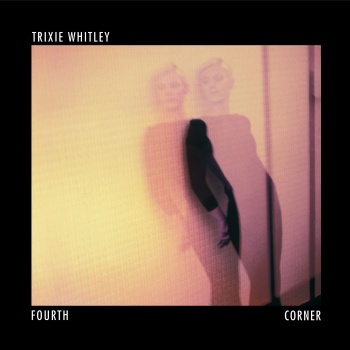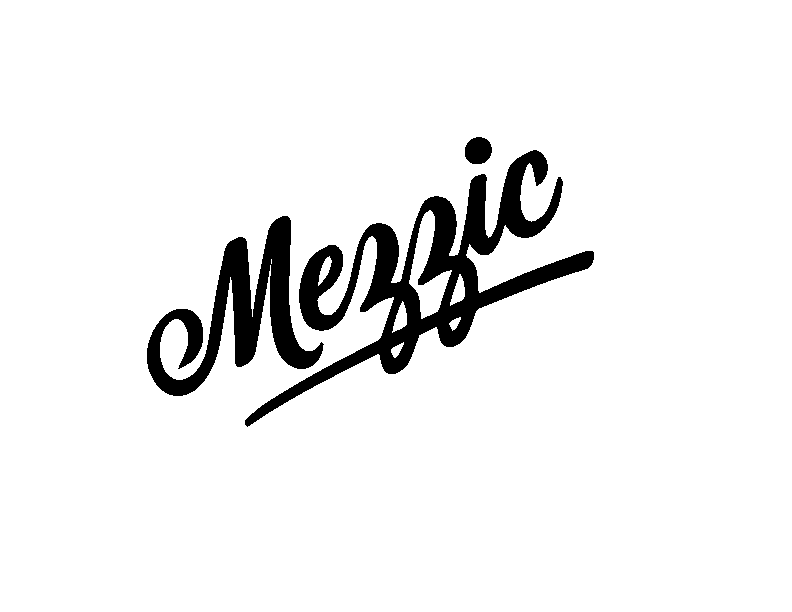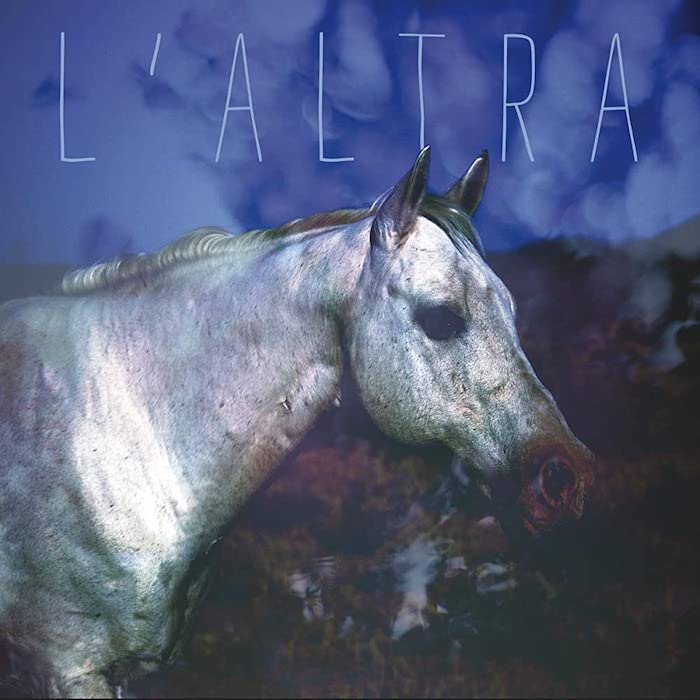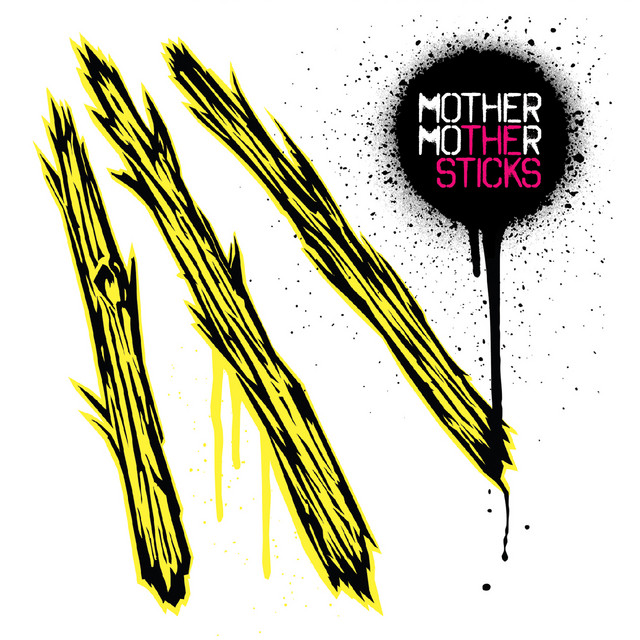
REVIEW: TRIXIE WHITLEY – FOURTH CORNER (2013)
Who is Trixie Whitley? The best five-minute introduction to the 25-year-old singer-songwriter is the studio video of her recording “I’d Rather Go Blind” with Black Dub (initially I assumed there was some relationship– a rendition, an ode, a homage– between Trixie Whitley’s “I’d Rather Go Blind” and Etta James’ “I’d Rather Go Blind.” However, at this time, I’m unable to confirm the extent of the relationship, if there is any at all). Shot in November of 2008 at the Berklee School of Music, the “I’d Rather Go Blind” video is a one-take of Whitley singing and playing guitar; much-respected session musician, Brian Blade, on drums; and legendary producer, Daniel Lanois, enthusiastically orchestrating the recording session. Through body language, cracked smiles, and the unmistakable attractiveness of the sound being created, the group knew they were making something special, and Whitley’s voice was at front and center of the magic. The chemistry was so evident that Lanois brought the group together, along with bassist Daryl Johnson, to create Black Dub, and a 2010 self-titled debut was released.
All along, the anchor to Black Dub’s sound has been Whitley and her soulful and commanding voice. As a contralto, Whitley has the raw-talent range to rival some of the best female singers in music today. With Black Dub, Lanois was at the helm for most of the songs’ compositions, so now with her debut, Fourth Corner, Whitley sets out to tell her story as a singer-songwriter.
Fourth Corner is packed with weighty lyrical content and deeply powerful arrangements. Many of the songs take on a darker tone but things are diversified through fresh melodies. And obviously, Whitley’s vocals are at the forefront throughout the album. She has the voice, why hide it? The raw beauty of her singing is strikingly present in the stirring anthem “Breath You In My Dreams” and yearning ballad “Pieces.” Both songs are backed with fuller, lush arrangements and the result is uplifting tunes that are both moving and catchy.
Built around distorted guitar, “Hotel No Name” deliberately delivers more attitude. Whitley breaks down a shout/rap for the bridge of the track and it’s very much reminiscent of Rage Against the Machine’s Zack de la Rocha. “Morelia” and album closer, “Oh Joy,” offer stripped-down moments on Fourth Corner in which Whitley settles behind an acoustic guitar. On “Morelia” Whitley serenades the pleading chorus “Let it be meaningful/ Let it be enough/ Harbor this comfort/ Don’t let the river go dry.” Both songs are beautifully sparse and offer a nice change of pace from the grand and arching pattern that performers with powerful voices usually settle into.
There really isn’t anything on Fourth Corner that’s in the vein of a pop hit, but the rousing tempo on “Gradual Return” is an upbeat moment on the album. Of all the songs on the debut, “Need Your Love” and album opener, “Irene,” are those which most closely channel the desperation-fueled, panicked harmonies of Black Dub’s “I’d Rather Go Blind.” Those last-straw, enough-is-enough moments are when Whitley is at her best.
On Fourth Corner, Trixie Whitley shows she is very much capable of shining outside the realm of Lanois’ Black Dub. Whitley’s debut album beautifully unveils her musical talent, ambition and heart. Her songs may not yet have the brilliant accessibility of those of a Beyonce or Adele, but with her drive and talent in place, anything is possible.
Rating: 7.5/10




Post a comment